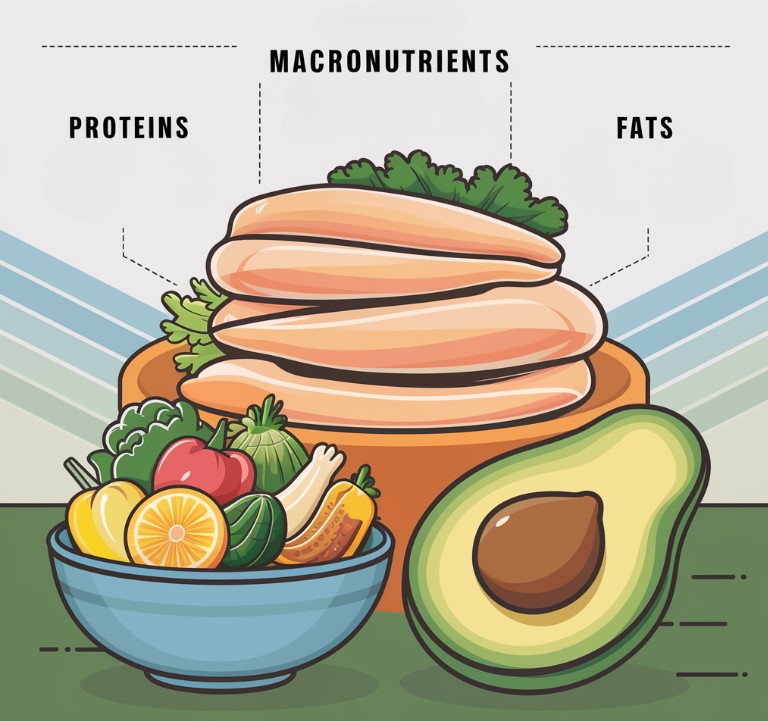Search engine optimization is an ever-changing beast. This is due to Google’s frequent algorithm updates. The goal posts are moved and digital marketers are forced to pivot and adapt or fall behind. But why does Google change the rules so often and which was the most disruptive algorithm update of all? What changes were made and how did digital marketers need to respond?
If you are interested in learning more about the many changes Google has gone through over the years, read on for more…
What is a Google algorithm update?

Simply put, a Google algorithm update is a change made to the search engine and its ranking factors in order to improve the overall quality, relevance, and user experience in their search results.
As times change, so too must the technology that we use and Google is forever striving to make adjustments and improvements wherever possible.
Some of these changes are very small, however, some throughout history have been massive and changed the way that marketers had to approach their SEO efforts.
With that in mind, let’s look at a brief history of Google’s search algorithm updates…
A brief history of Google’s search algorithm updates

Google has been around for a loooong time. So much so that the word ‘Google’ is now a verb! “Google it!”. So, we’re not going to bore you with every single change to their search algorithm otherwise you’ll be here all day. Instead, we’re going to start with their most disruptive update, all the way up to the present day. Here we go:
- 2011 – Panda update (which we will cover shortly).
- 2012 – Venice update.
- 2012 – Penguin update.
- 2012 – Pirate update.
- 2013 – Hummingbird update.
- 2014 – Pigeon update.
- 2014 – HTTPS/SSL update.
- 2015 – Mobile update.
- 2015 – Rank Brain update.
- 2016 – Possum update.
- 2018 – (Mobile) Speed update.
- 2018 – Medic update.
- 2019 – BERT update.
- 2021 – Page Experience update.
- 2021 – MUM update (Multitask United Model).
- 2022 – Helpful Content update.
What was Google’s most disruptive search algorithm update?

2011’s “Panda update” was Google’s first major update that shook the world of ‘modern SEO’. This update was introduced to deal with websites that were created purely for the sake of ranking in the search engines – as opposed to providing genuine value for their users.
This update focused primarily on on-page ranking factors, enabling Google to easily determine whether the information and features on a website provided real value, or if it was designed to ‘manipulate’ the system and get ahead.
But why was it so disruptive? Here were the two main types of website that were hit the hardest:
- Affiliate websites (websites that exist primarily to link to other websites).
- Websites with thin content (low-value content that serves no real purpose besides cramming in as many focus keywords as possible).
Why did Google introduce the Panda update?

Google introduced the Panda update because many people were complaining that Google’s search algorithm was ‘broken’. It was becoming far too easy to manipulate and would-be marketers were asking the question: “What is the absolute bare minimum that we can do that will not be flagged as spam?”
The internet was already littered with enough low-value, ‘spammy’ content and the Panda update was designed to try and combat this. To stem the flow of rubbish and pave the way for a new era of quality reading material!
Put it this way: there were massive content farms churning out tonnes of low-value content every day. Demand Media was one such content farm pumping 7,000 articles per day (all of which were incredibly poor-quality), then they would run them through social software to make them go viral, and then they would make a tonne of money through advertising.
It goes against everything Google stands for: providing their users with genuinely helpful content – and so the Panda update was born!
How did the Panda update change the way marketers do SEO? How did marketers respond?

The Panda update was very disruptive because it impacted approximately 12% of all search results in Google. 12% might not sound like a lot, but if you consider the fact that today there are roughly 8.5 billion Google searches every single day…12% is an awful lot!
It shook the digital marketing industry because it revealed which SEO agencies were playing the system and producing low-value content for their clients in order to achieve fast rankings and drive lots of traffic – and which were not.
When their clients invariably shot down in the SERPs, falling from page 1 visibility into total darkness, there was bedlam.
Of course, this puts SEO agencies in a difficult position: adapt or fold.
The response was reluctant, but over time more and more SEO agencies committed to producing better content; high-value, industry relevant articles that would meet Google’s rising standards.
Today, with the more recent ‘helpful content update’ Google continually strives to reward businesses that go above and beyond to provide high-value with even greater visibility. Play by the rules and commit yourself to creating game changing content and you’ll notice a significant change in your online awareness.
Conclusion: Be ready for anything!
In conclusion, if you wish to remain competitive in this modern digital age, you must be ready for anything – and indeed adapt when the time comes.
Fortunately, Google has remained quite clear on what they want from digital marketers today: produce high quality content, create excellent UX websites, and ensure that their users enjoy a superior on-page experience at all times.
If you commit your brand and business to quality, you’ll have no difficulty standing out from the crowd and enjoying greater visibility.
For the best results, we recommend working with the professionals. This OnlineMarketingGurus has over a decade experience in the industry and will help you keep your website well-optimised and in-line with Google’s ever-changing search algorithm.
Related Posts:
- 20 Best Gaming Headset Under 50$ 2024 - for PC, PS4,…
- 15 Best Portable Blender While Traveling 2024 - Top…
- Top 10 Best Power Inverter for Car 2024 - Keep Your…
- 12 Best Car Wax For Black Cars 2024 - Protection and…
- Top 10 Best Outdoor Basketball Shoes 2024 - Durable…
- 15 Best Dog Food For Allergies 2024 - Adult, Puppy…







